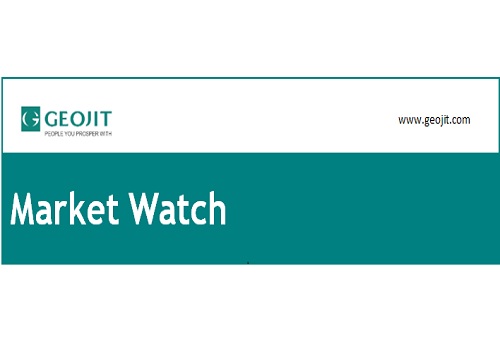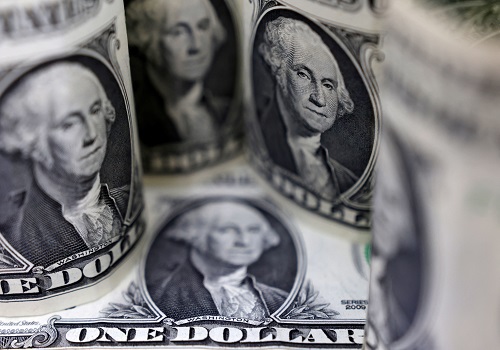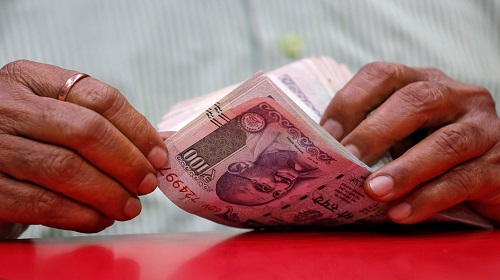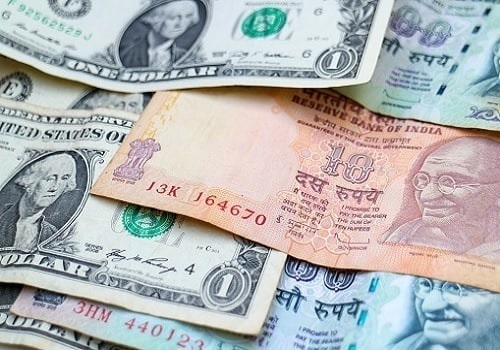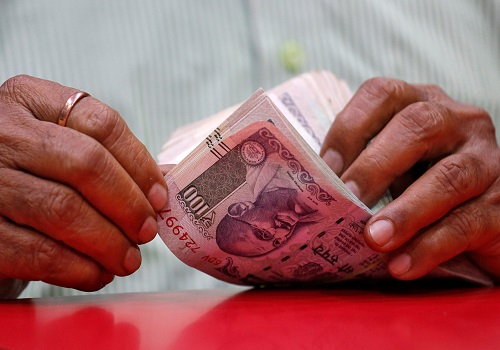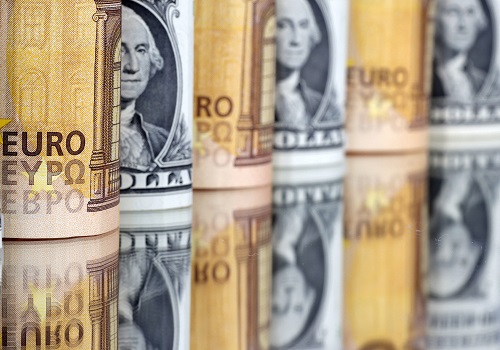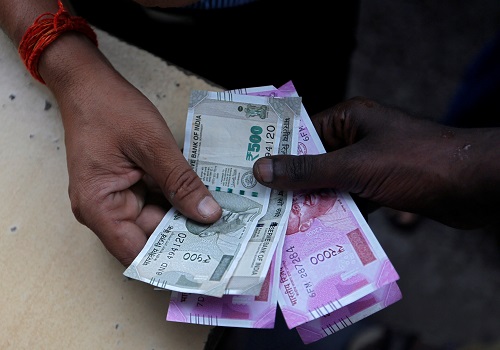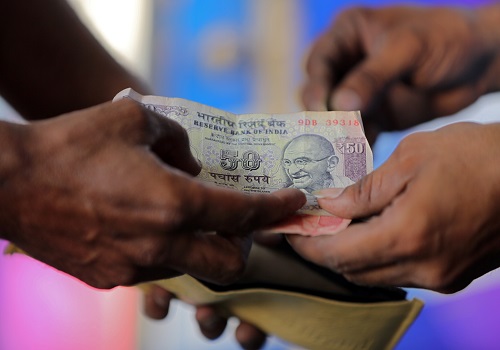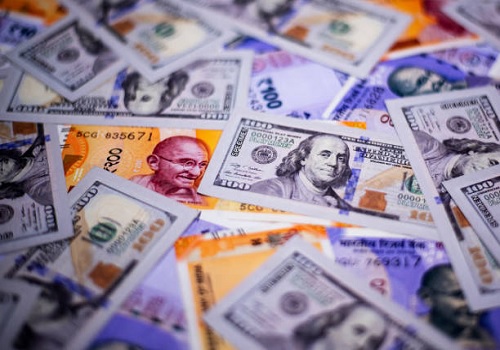Dollar steadies as US economy stays resilient; eyes on nonfarm payrolls
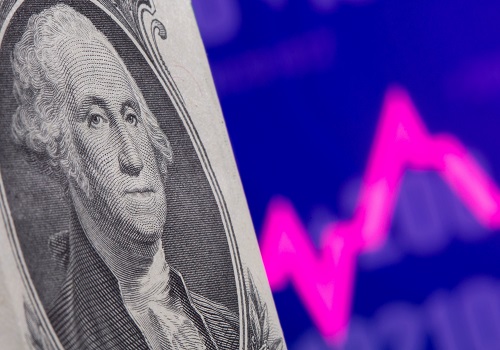
The dollar held tight ranges on Friday as investors awaited a key U.S. jobs report and weighed the prospect of higher-for-longer Federal Reserve interest rates against the economic growth outlook.
The closely watched nonfarm payrolls report is due later on Friday, where expectations are for the U.S. economy to have added 225,000 jobs in June.
The release follows data on Thursday that showed private payrolls surged last month while the number of Americans filing new claims for unemployment benefits increased moderately last week, suggesting the labour market remained on solid ground.
That sent U.S. Treasury yields spiking as bets grew that the Fed has further to go in raising rates to tame inflation, keeping the dollar elevated in early Asia trade on Friday.
Against the greenback, the euro slipped 0.02% to $1.0890, while the New Zealand dollar was nursing some of its losses from the previous session and rose 0.09% to $0.6163.
Sterling was likewise lower against the dollar and last bought $1.2734, though it had on Thursday risen to a two-week high of $1.2780, as markets bet that the Bank of England will raise interest rates to 6.5% early next year, up from a previous expected peak of 6.25%.
"The strong (U.S.) data boosted market expectations for a second FOMC rate hike, which previously wasn't considered as possible," said Carol Kong, a currency strategist at Commonwealth Bank of Australia, referring to an additional rate hike from the Fed after this month's likely 25-basis-point increase.
"Those data points suggest tonight's payrolls and perhaps the average earnings data (could) beat the consensus estimate again, and if we do get another strong result, that could firm the dollar further."
The dollar index rose 0.03% to 103.12, while yields on U.S. Treasuries hovered near their recent peaks. [US/]
The two-year Treasury yield, which typically reflects near-term interest rate expectations, steadied above 5%, after surging to a 16-year high of 5.12% on Thursday.
The benchmark 10-year yield was last at 4.0431%, not far from the previous session's four-month top of 4.0830%.
That kept a closely watched two-to-10-year part of the U.S. Treasury yield curve, seen as an indicator of economic expectations, deeply inverted at a negative 96.90 bps.
"The bond market, at least, is still concerned about the impact of restrictive monetary policy in the U.S. on the economy, and in fact, we still expect the U.S. economy to enter a recession later this year," said Kong.
Elsewhere, the yen last bought 144.06 per dollar and was on track for a slight weekly gain, reversing three straight weeks of losses.
The Japanese currency had been buoyed by safe haven gains this week on the back of dampening risk appetite as worries about the global growth outlook weigh.
The Aussie rose 0.09% to $0.66315, though looked set to extend a third straight week of losses, further pressured by China's faltering economic recovery.







